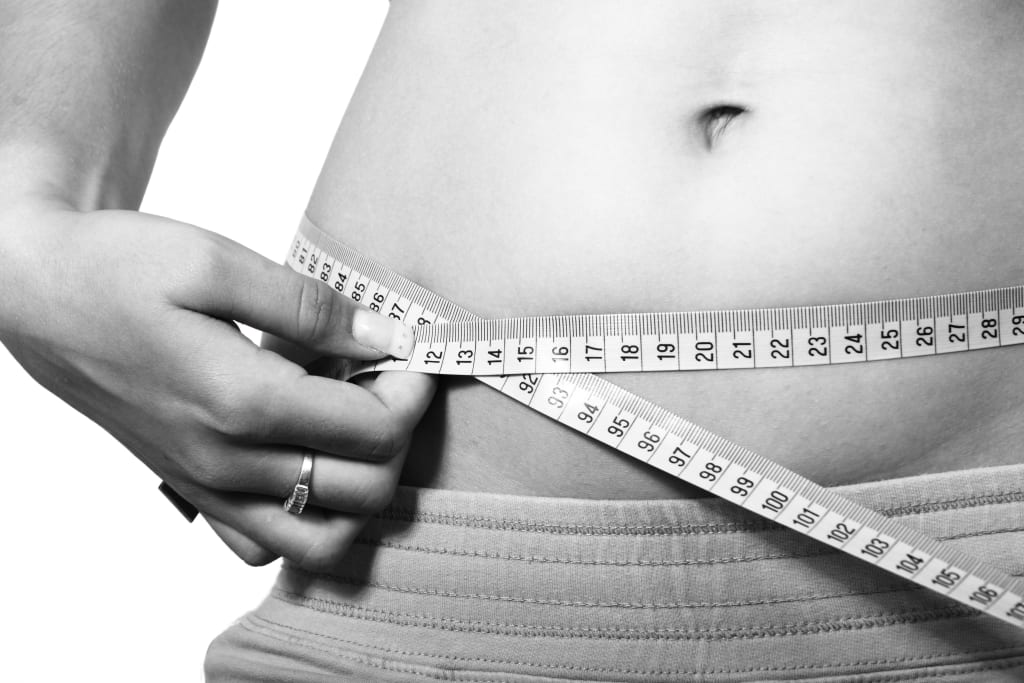
Defined by healthline.com, “Intermittent fasting (IF) is a term for an eating pattern that cycles between periods of fasting and eating.” There are various types of intermittent fasts and the most common are the 16/8 method (going 8 hours without eating), eat-stop-eat (fasting for 24 hours once or twice a week), and the 5:2 diet (eating 500–600 calories a day for two non-consecutive days).
Intermittent fasting is a highly effective way to burn fat for a variety of reasons.
Firstly eating within a restricted period will naturally result in a reduced intake of calories. The basis of fat loss is more calories being used up than consumed and a lower calorie intake is vital for this.
Fasting for a period of time prolongs the fat burning mode in the body. This is due to low insulin levels resulting from a lack of food consumption and so the body uses its fat stores for energy.
As blood sugar levels will be low for the majority of the day, an increased level of growth hormone will be released. Growth hormone promotes lipolysis which is the breakdown of fats to be used for energy during a fasting or exercise.
A higher rate of fat metabolism will be apparent due to the lower insulin levels and increased growth hormone levels. Intermittent fasting changes your attitude to food from being dependent on it to seeing it as fuel for function. This perception will result in a healthier choice of food which improves metabolism.
Here are three of the most common mistakes made during intermittent fasting that defeats the purpose of it. Avoid.
1. Breaking Your Fast with the Wrong Type of Foods
Breaking your fast is the most vital aspect of intermittent fasting as it determines how your body will process food for the remainder of your eating period. Insulin is the reason why breaking your fast is crucial to the results you attain. The reason is that when you break your fast, insulin levels spike rapidly causing the food absorption rate to multiply. If unhealthy foods that are high in sugar and fat such as processed snacks are consumed the excess sugars along with fats will be stored as fat in the body causing weight gain. The most effective way to break your fast if your goal is to burn fat is the consumption of medium-chain triglycerides (MCT). These types of fats are directly converted into energy by the liver and so cannot be stored as body fat. Fats that do contribute to body fat are long-chain triglycerides (LCT), which are found in more common sources of fat such as meat, cheese and eggs that contribute to fat storage. The top natural source of MCT is coconut oil and even higher than this is MCT oil, which is processed from coconut oil.
2. An Excuse to Binge
Setting eating and fasting periods is an effective way to lose fat, yet this not an excuse to binge on junk as it will have made fasting a waste of time. Even worse, the fact that insulin sensitivity will have risen due to being in a fasted state for a prolonged period of time, the intake of junk food is more detrimental to your fat loss goal than if you were not fasting. On the other side, eating nutrient rich whole foods during your eating period means your body will soak up all the benefits at a higher rate. Whole foods refer to food that has undergone as least processing and refining as possible such as fruits, vegetables, legumes, nuts, seeds, and grains. These are also suitable to break your fast, especially fruits and vegetables. Even better are fruits and vegetables that have been blended into a smoothie as your digestive system is still at rest therefore extending your fast whilst providing energy.
3. Not Eating Enough Calories
Eating an insufficient amount of calories is another common mistake during intermittent fasting. This may be caused by two reasons, with one being conscious and the other being unconscious. The more typical reason for not consuming enough calories is the unconscious one where people break their fast on high volume, dense foods due to being so hungry. This is due to the fact that most people will be hungry upon breaking a fast and desire their favourite foods straight away. What happens here is they become overly full because the stomach has shrunk from a lack of intake of food for a prolonged period of time. Being full too quickly will mean a reduced consumption of other foods within the eating period, especially healthy foods like fruits and vegetables as they will not be as desirable as the first meal. The other reason for an inadequate level of calories is the conscious intention of eating less calories in the pursuit of losing fat. Fasting will naturally cause the stomach to shrink and therefore require less food. Adding an intended calorie restriction on top of this is likely to result in under-eating. This can cause health problems along with making fasting the next day more difficult, ensuing an unsustainable fast.
About the Creator
G Ono
Fitness professional






Comments
There are no comments for this story
Be the first to respond and start the conversation.